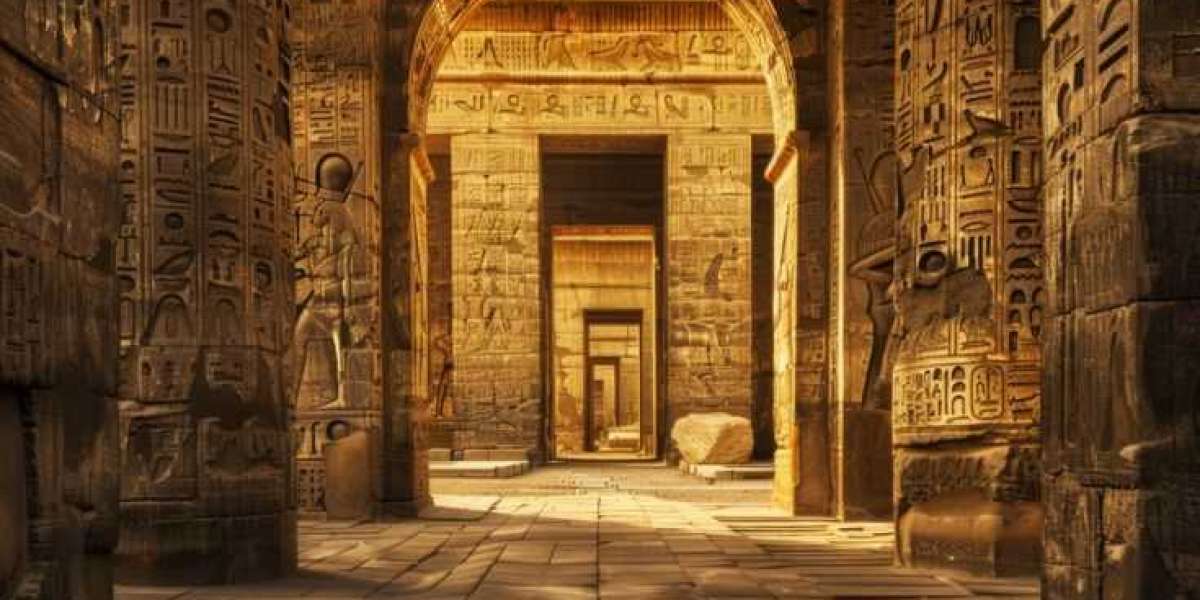Ancient Civilizations: A Journey Through Time
Ancient civilizations are foundational societies that laid the groundwork for modern culture, politics, economics, and social structures. These societies, which flourished thousands of years ago, made significant advancements in various fields, including architecture, writing, art, and governance. Here’s a look at some of the most influential ancient civilizations and their contributions to human history.
1. Mesopotamia
Location: Located between the Tigris and Euphrates rivers in present-day Iraq, Mesopotamia is often referred to as the "Cradle of Civilization."
Key Contributions:
Writing System: The Sumerians developed cuneiform writing, one of the earliest forms of writing.
Legal Systems: The Code of Hammurabi, one of the first written legal codes, established laws and justice.
Agricultural Innovations: Mesopotamians pioneered irrigation techniques that supported farming in arid regions.
2. Ancient Egypt
Location: Centered along the Nile River in northeastern Africa, Ancient Egypt is known for its rich cultural heritage.
Key Contributions:
Monumental Architecture: The construction of the Pyramids of Giza and monumental temples showcased advanced engineering and architectural skills.
Hieroglyphics: The writing system used pictorial symbols to convey meaning, recording religious texts and historical events.
Medicine and Science: Ancient Egyptians made significant advancements in medicine, surgery, and mathematics, influencing later civilizations.
3. Indus Valley Civilization
Location: Flourishing around 2500 BCE in present-day Pakistan and northwest India, the Indus Valley Civilization is known for its urban planning and advanced society.
Key Contributions:
Urban Planning: Cities like Harappa and Mohenjo-Daro featured grid layouts, drainage systems, and sophisticated architecture.
Trade and Economy: The civilization engaged in extensive trade with Mesopotamia, exchanging goods like textiles and beads.
Writing System: Though still undeciphered, the Indus script suggests a complex system of communication.
4. Ancient China
Location: Spanning thousands of years, Ancient China’s early civilizations emerged along the Yellow River (Huang He).
Key Contributions:
Philosophy and Governance: Confucianism and Daoism shaped Chinese thought and political philosophy.
Inventions: Ancient Chinese invented paper, gunpowder, the compass, and printing techniques, influencing the world.
Silk Production: The Silk Road trade network connected China with other cultures, facilitating economic and cultural exchange.
5. Ancient Greece
Location: Located in southeastern Europe, Ancient Greece is known for its significant contributions to art, philosophy, and democracy.
Key Contributions:
Philosophy: Thinkers like Socrates, Plato, and Aristotle laid the foundations of Western philosophy.
Democracy: The city-state of Athens is credited with the development of democracy, allowing citizens to participate in governance.
Theater and Arts: Greek drama, sculpture, and architecture set standards that continue to influence Western culture.
6. Ancient Rome
Location: Emerging from a small city-state in Italy, Ancient Rome expanded to become one of the largest empires in history.
Key Contributions:
Legal Systems: Roman law has influenced legal systems worldwide, establishing principles of justice and governance.
Engineering and Architecture: Innovations such as aqueducts, roads, and monumental buildings like the Colosseum demonstrate Roman engineering prowess.
Cultural Exchange: The Roman Empire facilitated the exchange of ideas, goods, and culture across Europe, North Africa, and parts of Asia.
Conclusion
Ancient civilizations played a crucial role in shaping the modern world through their innovations, cultural achievements, and contributions to society. Each civilization brought unique advancements and ideas, many of which continue to influence our lives today. By studying these ancient societies, we gain valuable insights into the development of human civilization and the interconnectedness of cultures throughout history








